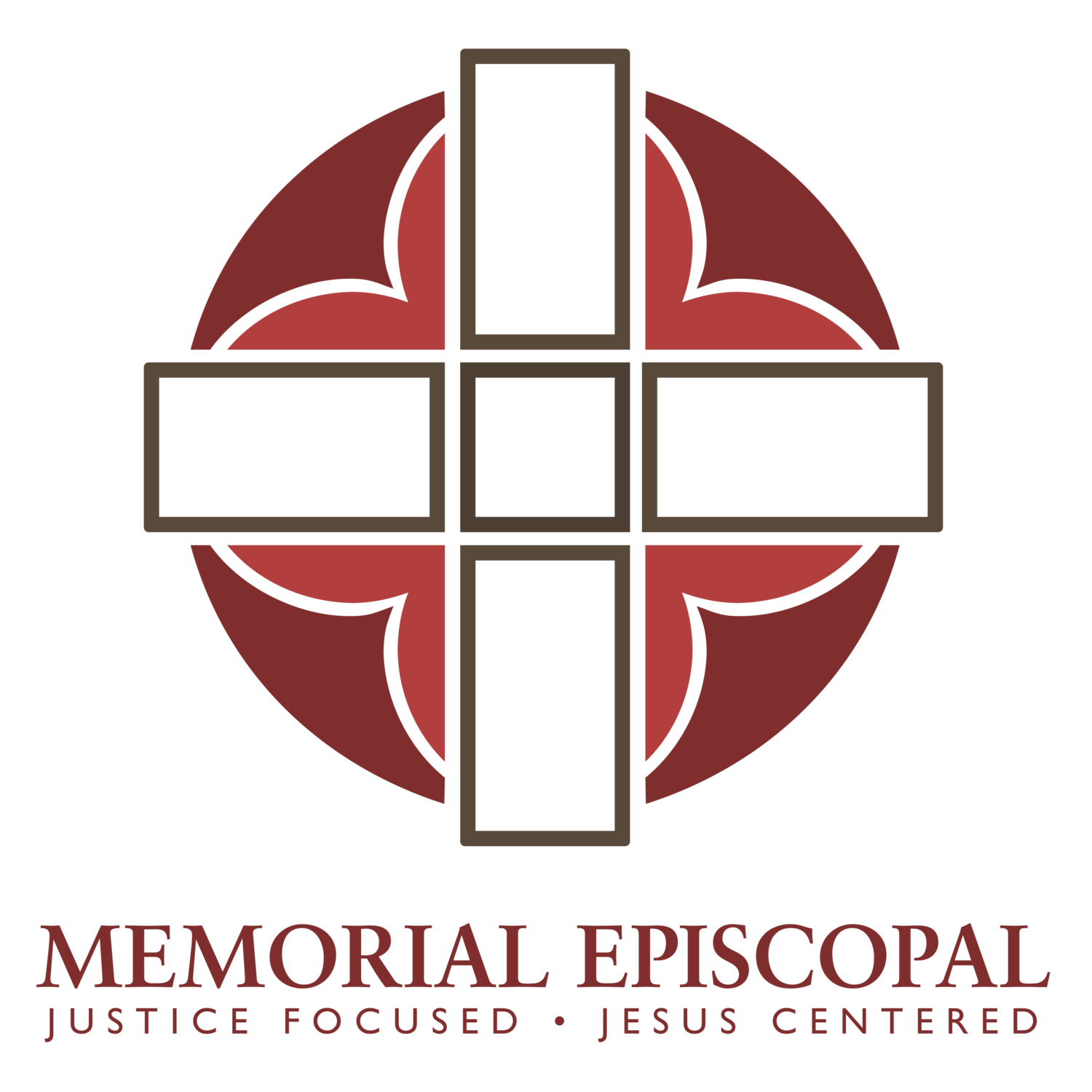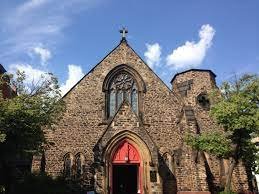The View from Bolton Street
An angel of the Lord said to Philip, “Get up and go toward the south to the road that goes down from Jerusalem to Gaza.” (This is a wilderness road.)
Acts 8:26
A wilderness road indeed. Now I know a little bit about this wilderness road. In 2019 I and a few other hundred people biked from Jerusalem to the border with Gaza, and then down to the Red Sea. Much of this path is now impossible due to the terrorist attack on October 7th and the continuing war in Gaza. This road has been a wilderness road since Jesus time, and continues to be today.
But today I am not talking about the physical aspect of this ‘wilderness’ road. Let us consider the challenges of ‘journeying’ from Jerusalem to Gaza today.
You see ‘Jerusalem’ is easy. Jerusalem, that ‘City of Peace’, exists as a place of refuge, of interaction,of status quo, where we are taught to put aside our differences, our conflicts and our concerns and pretend like we all get along. We can hop on a plane, take a taxi or train from the airport and be in a Holy City for the three Abrahamic traditions, Islam, Christianity and Judaism. We travel there, even under terrible circumstances in the surrounding communities, and walk in the footsteps of Jesus, and then come home having our own religious epiphanies. Especially as Westerners we are often oblivious to the invisible lines and divisions of the city. We experience the historic beauty of the city and miss everything else.
But Gaza. Gaza is a different story.
Even before the current war, Gaza has been a proverbial wilderness. By that I don’t mean it was not developed, or was in any backwards, but rather that our connection to Gaza is so distant, our understanding of life there so limited, that it might as well be a Wilderness. Physical access is controlled by Israel on one side and Egypt on the other. As westerners our only access to information comes from media controlled by the ruling authority and independent first hand accounts if we are lucky enough to have such connections. Like any wilderness, the reality of Gaza is much more complex than we might think.
Imagine if Philip had been too scared to go down that road. How would our entire Christian faith be different if Philip had not met that Ethiopian Eunuch on the road to Gaza? Had not shared the story of Jesus? Had not made the first conversion outside of his own tradition?
We would not be here. That is how different it would be.
It is comfortable to sit in the status quo of Jerusalem. Neatly defined lines about where we can and can’t go, what we can and can’t say. Silent acceptance of segregation, division, and an unspoken understanding of who is ‘right’ and ‘wrong’. If you disagree, I ask you to consider how you view those on the other side of the political or social spectrum from you. Admit it, it is nice to assume that anyone who votes differently than you do, is somehow less intelligent, less connected to the world, less ‘good’.
But when it comes down to heading down that wilderness road? The fear sets in. We don’t know what we will find. We don’t understand the situation. We don’t speak the language. We don’t know the rules of the game. There may not be any rules at all.
And yet, that is exactly where Christ points us. To reach out our hands in love to those in the wilderness. But not so we can ‘save’ them, but rather so we can grow closer to God together. I encourage you to, wherever you sit today on the War in Gaza, take some steps on that Wilderness road. Acknowledge that you don’t have all the answers. Acknowledge the humanity of those who think and act differently than you do. Seek out voices of difference on the road with whom you might be able to grow closer to God together. This is of course just as true for our own political conflicts here in America, in Baltimore, or even the continuing Yankees-Orioles conflict.
Okay maybe we wait on that last one.
One last word on Wilderness and terrorism: One of the forgotten tragedies, at least in the West, of October 7th is that many of the Israelis killed were precisely the kind of people building peace, working across differences, and seeking to help their neighbors. They were Jewish and Muslim, Arab and other. Volunteers who would provide medical care, aid and assistance to Gazans stuck on the other side of the fence. These voices are in increasingly short supply everywhere. The political terrorism by extremists in our own country has made it scarier and scarier to talk to those who vote differently than we do. The local terrorism of crime and addiction in Baltimore has had a similar chilling effect on dialogue. Just consider how COVID has deepened division between yourself and the average stranger in your community. Terrorism of all stripes has raised our level of fear.
But Jesus offers us freedom from fear. Jesus offers us an antidote to terrorism and division, and that is love and compassion. As tensions rise all around us Friends, I encourage you to similarly rise up as examples of God’s never failing love. For neighbor and stranger, friend and relative, enemy and ally alike.


